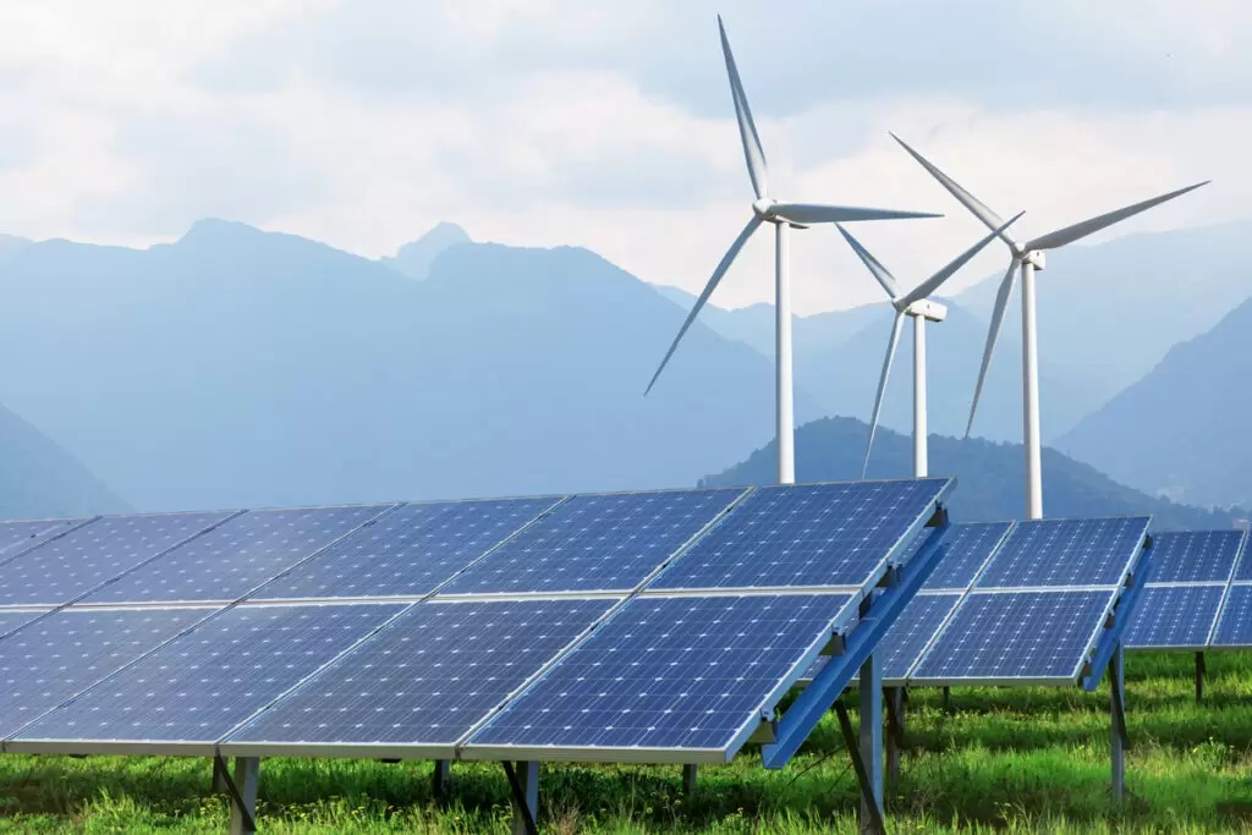According to a recent survey by Australia’s national science agency, CSIRO, affordability, energy self-reliance, and emissions reductions are cited as the top three priorities for Australians regarding the country’s transition to renewable energy. Reliability closely follows as the fourth priority.
A comprehensive survey conducted by the CSIRO, spanning over 6,700 participants across all states and territories, including urban and regional areas, has revealed a strong inclination among Australians towards embracing a renewable energy-based system.
The survey delved into attitudes regarding existing and proposed renewable infrastructure, such as solar farms, onshore and offshore wind farms, and the necessary transmission lines for integrating renewable energy into the grid.
The CSIRO says the insights from the survey will help federal policy makers, local, state and territory governments and industry “understand what people think, and what that means for Australia’s renewable rollout”.
“Energy affordability was a high priority for most people, whether or not they were struggling to pay bills, and views differed on the speed and extent of the transition, with almost half (47 per cent) preferring a moderate paced transition scenario compared to faster and more extensive change (40 per cent). 13 per cent preferred a slower transition.
Senior social scientist on the project, Dr Andrea Walton, says the survey was developed to ensure views were representative and included people with experience living near existing or proposed renewable energy developments.
Dr. Walton emphasised the significance of the expansive survey, stating, “The value of such a large survey is we can report with a higher degree of certainty what a range of people think.”
The findings indicate a majority of Australians supporting the shift towards renewable energy, albeit with differing opinions regarding the pace and extent of this transition.
“Many Australians held generally moderate attitudes towards living near renewable energy infrastructure,” Dr. Walton remarked, suggesting a widespread willingness to endorse or at least tolerate the establishment of solar farms, onshore and offshore wind farms, and associated transmission line infrastructure.
However, she stressed the necessity for further research to grasp the nuances of varying geographical contexts, particularly emphasizing the experiences of individuals living in regional areas and in close proximity to existing energy infrastructure.
Collaborating with the Department of Climate Change, Energy, the Environment, and Water, the CSIRO conducted the survey, revealing comparable responses between metropolitan and regional communities.
Nevertheless, individuals residing in regional areas, particularly those living near current or proposed developments, displayed a slightly more negative outlook toward the transition.
Transmission lines emerged as a point of contention, with the survey indicating a lesser degree of favorability compared to other forms of renewable energy infrastructure.
Dr. Walton highlighted a crucial finding, noting that understanding the perceived role of additional transmission lines in the energy transition significantly influences public acceptance.
Key findings from the survey include:
- Affordable energy: 82% of respondents ranked it among their top three priorities.
- Acceptance of proximity: Over 80% would tolerate living within 10 km of renewable energy infrastructure.
- Solar farms: While still highly accepted, attitudes slightly decreased from 95% in 2020 to 88% in 2023.
- Wind farms: More than 80% expressed acceptance, with offshore proposals facing slightly higher rejection rates.
- Transmission lines: 23% outright rejected living near them, with 77% indicating at least tolerable acceptance.
Overall, the survey underscores the public’s demand for comprehensive and transparent information regarding renewable energy projects.
Communities seek clarity on the benefits and potential drawbacks, emphasizing the importance of understanding the local environmental and social impacts associated with such initiatives.
The CSIRO says that overall, the survey showed communities want comprehensive, transparent information on renewable energy infrastructure developments, their benefits, and any potential drawbacks of renewable energy projects.







